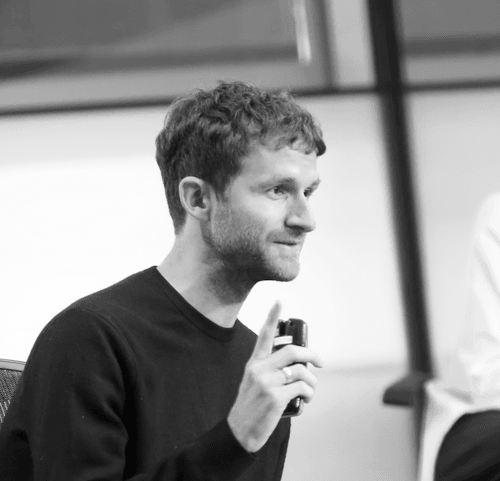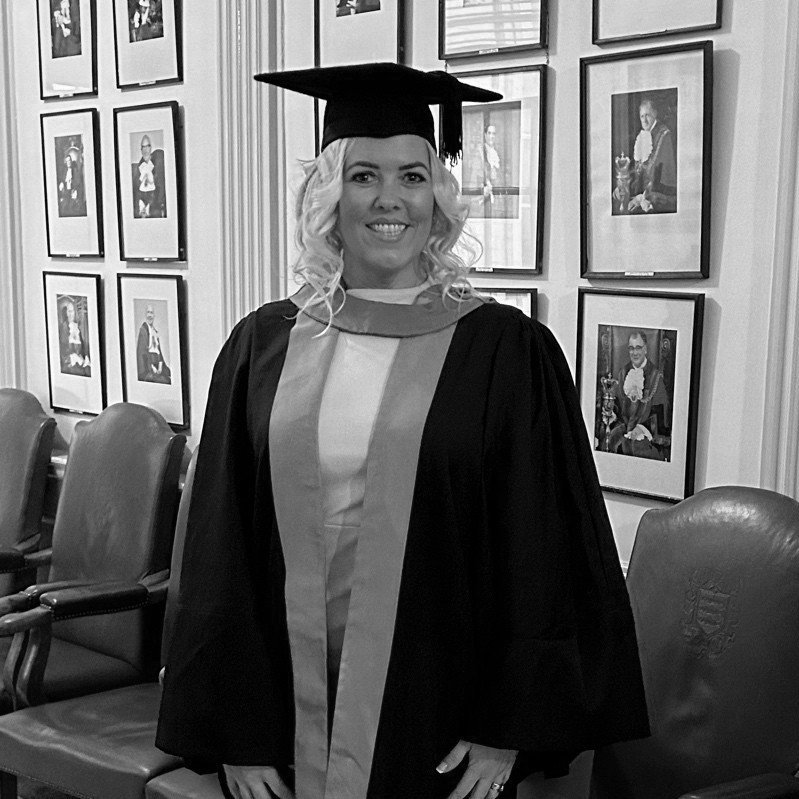Building the workforce that children deserve
by Ned Younger
Managing Director
In the old Indian parable, several blind or blindfolded men approach an elephant, trying to understand what kind of animal it is.
Each man grabs a different part of the elephant, and insists it is something different. The man holding the trunk says it’s a snake; the man holding the leg claims it’s a tree, and so on.
It’s an intuitive story, demonstrating our partial view of reality and the need to wear our own perspective lightly. Which is all good and helpful, but also leaves me thinking, how does the elephant feel about this process?
I thought something similar when reading The Children’s Plan, the school census report published last month by the Children’s Commissioner. Because in this context, the elephant is surely the child; seen incompletely, understood partially, supported inconsistently by well-intentioned but largely disconnected systems.
Using data collected from schools and children across England, the census showed how the landscape of children’s services has become fragmented and uneven. Schools increasingly step in to cover gaps, but without the consistent mandate or systems to back them up. Everyone can see part of the elephant, but no one is holding the whole story.
If the data in the Children’s Plan tells a story of fragmentation, then its recommendations are rooted in the need for coherence: moving from a fragmented patchwork of provision to a joined-up offer where every child can rely on consistent, high-quality support.
In Dame Rachel de Souza’s words, we need “more specialist staff, integrated provision, better coordination across services, and a system that’s easier for families to navigate”. We agree, and see workforce development as a significant, immediate opportunity to build some of the structures, narratives, and institutions which can encourage that coherence, and to open up a range of possibilities.
What if the different professionals around a child—teachers, social workers, youth workers, health staff—saw themselves as one connected workforce rather than separate services?
What if local people with deep knowledge of their community were able to train and progress without leaving the places where they are most needed and have the deepest relationships?
What if professional development was designed to build not just individual careers, but shared understanding and collective capacity across local systems?
And finally, what if the child, not the service, was the organising principle of the system—and every adult in their life worked from that same starting point?
The huge potential in those questions is the reason we’re now launching the Centre for the Children’s Workforce, a new national initiative to build the workforce children deserve: connected, skilled, diverse, rooted in community and, in doing so, bring renewed dignity and respect to the people doing this work.
While that ambition is big, our starting point is deliberately practical and targeted.
Next year, we will work with partners across England to launch a Foundation Degree in September 2026 that starts to build the kind of interdisciplinary capacity we’re talking about. Accessible, practice-based, and rooted in community, it will allow staff to study while staying in the jobs and places where they are most needed, and opens progression into graduate roles in education, social care, youth work, youth justice, and beyond.
It is designed primarily for the thousands of people already in the system: the pastoral worker families turn to in crisis, the youth worker trusted by young people navigating complex lives, the teaching assistant who knows every child’s story but can’t see a pathway into teaching.
Our plans build on a higher education model piloted by The Reach Foundation in Feltham since 2020, which demonstrated how building an offer around people who are rooted in their community can transform individual careers, local institutions, and the wider community system.
Earlier this year, our colleague Vicky profiled Dawn (see below), a Feltham parent who enrolled in Kingston University’s Early Years Foundation Degree, delivered by The Reach Foundation, while still working in a nursery. For Dawn, that meant evenings and weekends studying. But it also meant new skills, confidence, qualifications, a new career as a primary teacher in Feltham, and a strong peer network across local nurseries and schools.
Victoria Hirst explores Dawn Kiefer’s professional development journey; highlighting the broader impact she and her pioneering peers are having on Early Years education in our local community.
Dawn’s story is partly about individual talent, commitment, and progression. But it also shows what becomes possible when training is accessible and based in practice. Practitioners develop without leaving their community, provision strengthens across settings, and children are supported by a workforce that is more connected to place.
Dawn’s is the kind of story we now want to create the conditions for nationally, and to build on by intentionally connecting practices from different parts of the workforce. That’s the invitation we’re extending as we launch the Centre. Over the next three months, we’ll be finalising plans for the founding year of the Foundation Degree and confirming our Founding Delivery Partners: school trusts hosting local cohorts and playing a key role in delivery.
If you’re interested in joining as a delivery partner or exploring how your people might benefit, we’d love to hear from you. And if you’re a fellow traveller—working on parallel projects or with a shared ambition—we’d welcome the chance to connect and learn together.
Find out more at childrensworkforce.org.uk or by emailing ned@childrensworkforce.org.uk.




